Natural Spirituality
The child is the base. Montessori felt that each child was unique and the child’s mind and the process of learning varied throughout the stages of the child’s development.
The Child moves through sensitive periods
Dr. Montessori noticed that there were certain periods of particular sensitivity that occurred in children. During these periods children could learn the activity that she was focused on at a particularly intense rate and that such learning appeared to come very easily.
The periods were a sensitive period for order, refinement of the senses, language acquisition, walking, and movement,
small objects and involvement in social life.
If left to follow this natural interest the child could achieve much more than would normally be expected. Montessori teachers, therefore, watch out for these very creative periods and make sure that the children have the freedom to follow their interests.

The aware adult, whether a parent or teacher, acts as an observer, protects the child’s right to learn, models desired behavior, prepares the environment and also accommodates the needs of the child. In the classroom setting, the adult is neither simply the central authority nor “imparter of knowledge”. When presenting a lesson, the adult’s role is to model the learning activity. This is done in a slow, concise way, modeling care and respect. Different modalities of learning are considered when a lesson is given. That is, when the adult speaks, they are not demonstrating, and when they are modeling, there is little language. In this way the child’s attention can be focused more on what is said or on what is done. The child is then invited to do the task. Most of the Montessori materials are self-correcting so that the child can “learn as they go”.
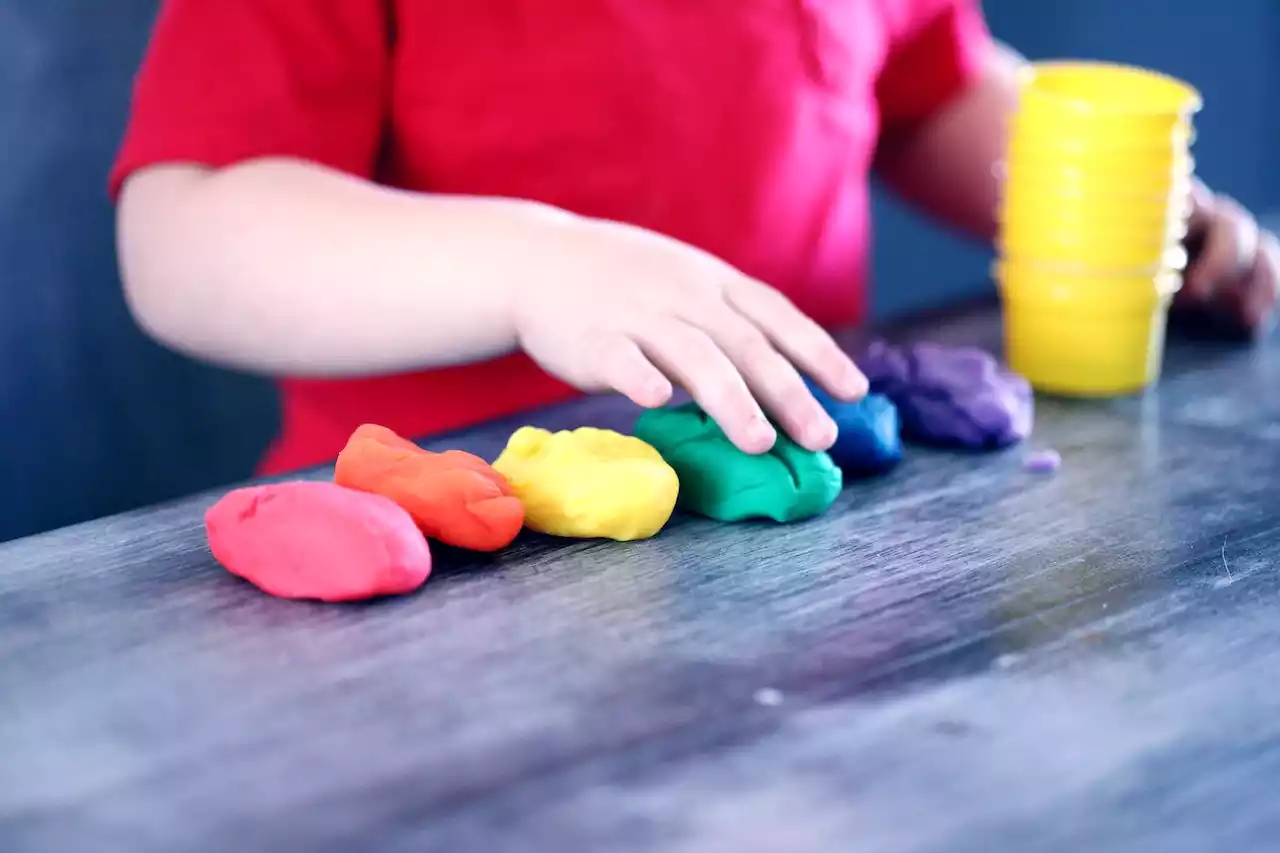
Children learn through their senses
Dr. Montessori saw that children built on their physical experiences of the world through their senses. By designing interesting materials which the children were drawn to, she could help them extend this understanding
The prepared environment is one that encourages exploration and movement (especially for the young child) and will allow “freedom within limits”.
The child is shown how to respect the environment, how to make choices and is allowed to develop the abilities of concentration, coordination, and a sense of order and independence.
Children are natural learners
Dr. Maria Montessori wrote many books during her time. Here are some recommendations:
- VThe Discovery of the Child.
- VThe Secret of Childhood.
- VThe Absorbent Mind.
There are also many books written by other authors about Montessori and her philosophy.
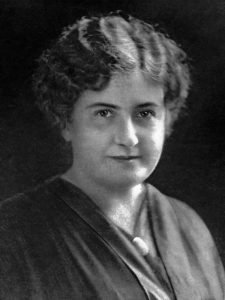
RESEARCH & RESOURCES :

The Atlantic: Why Grades are not the key to achievement
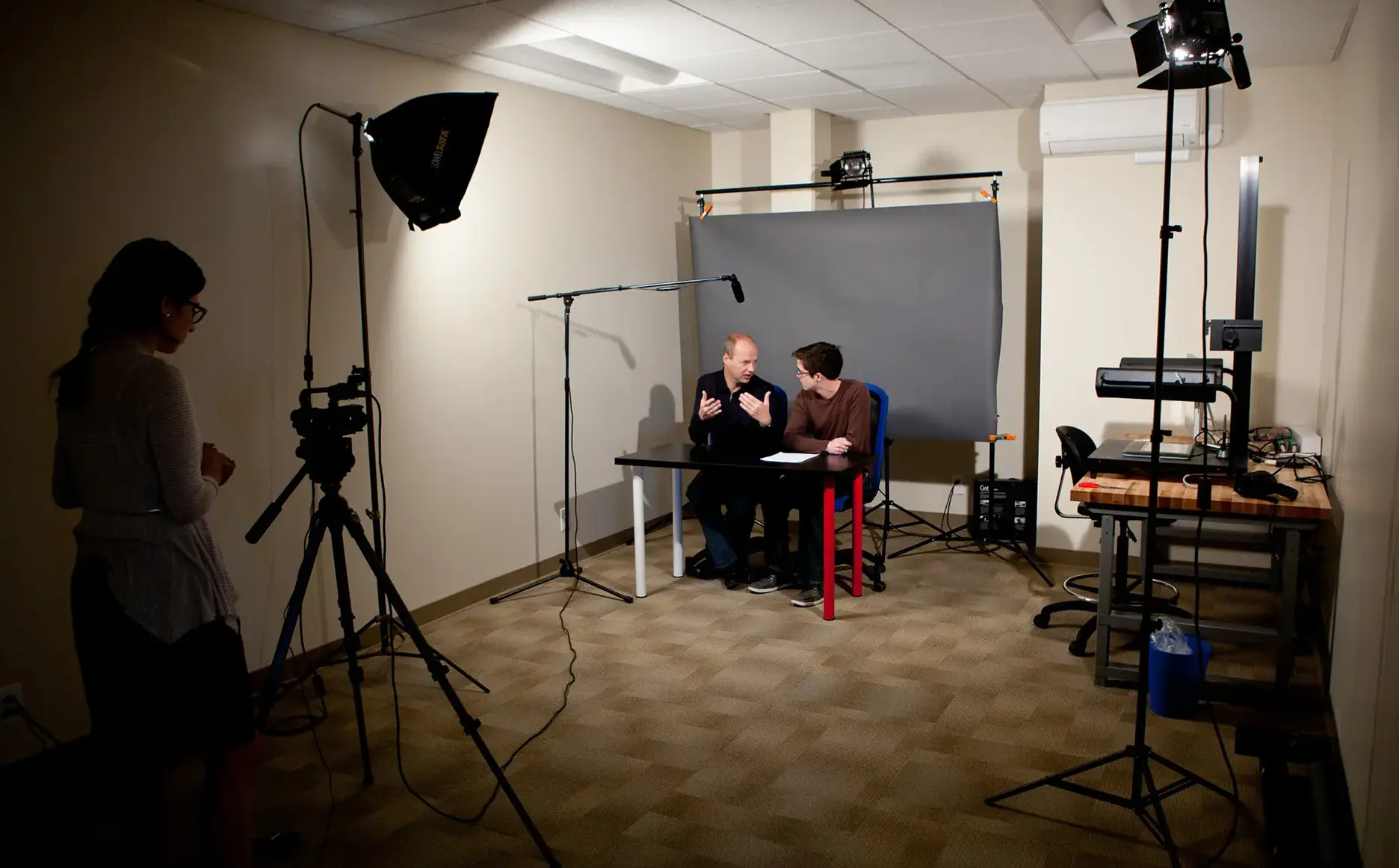
NY Times: How do we educate people for an automated world?
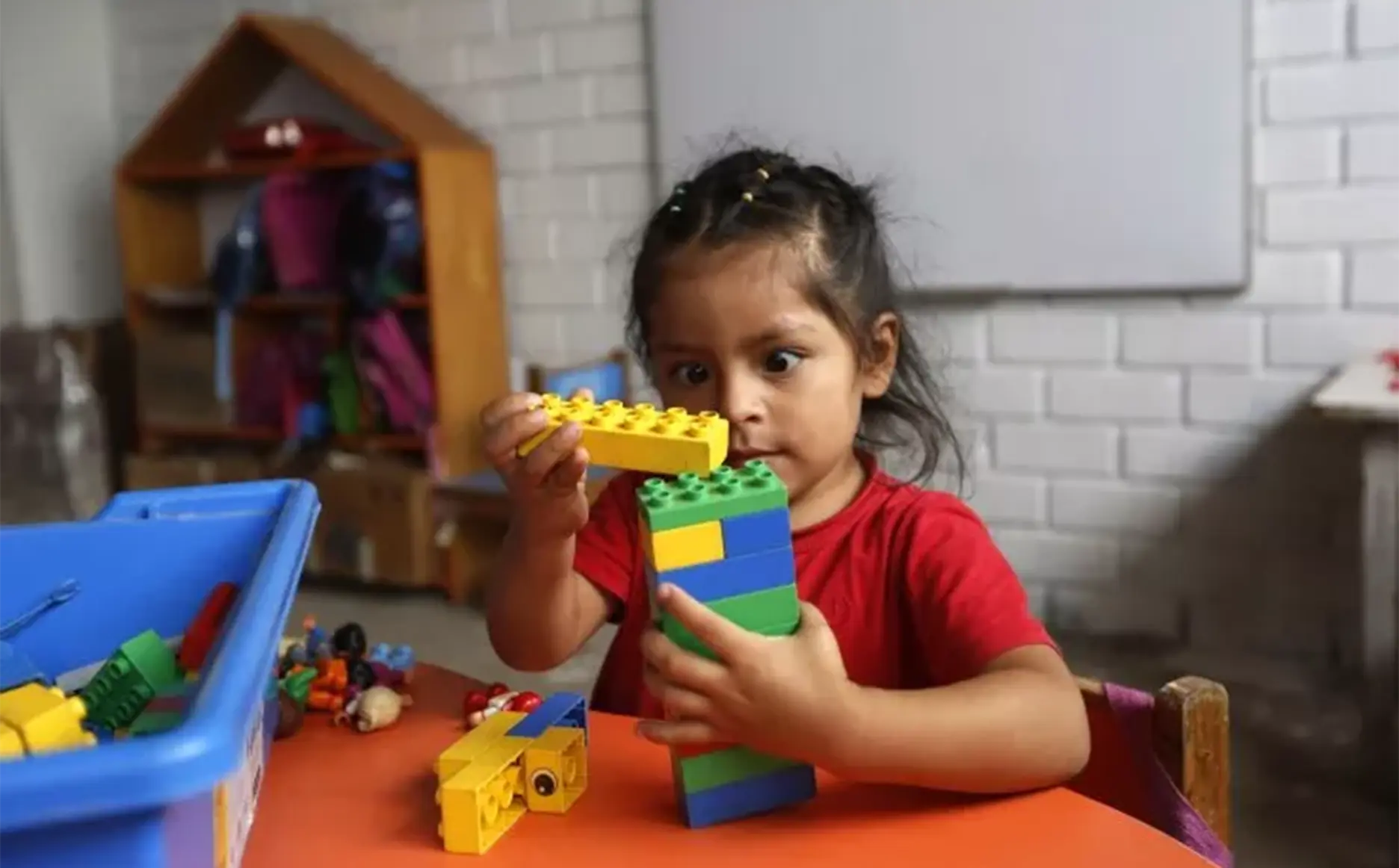
Newsweek: Age 5 is Too Late: Public Schools Must Focus on Early Learning

New York Times: What Babies Know About Physics and Foreign Languages

The Washington Post: Once all but left for dead, is cursive handwriting making a comeback?

Forbes: The Future of Education Was Invented in 1906

National Center for Montessori in the Public Sector: Does it Work? What Research Says about Montessori and Student Outcomes

The New York Times: Why Do Americans Stink at Math?
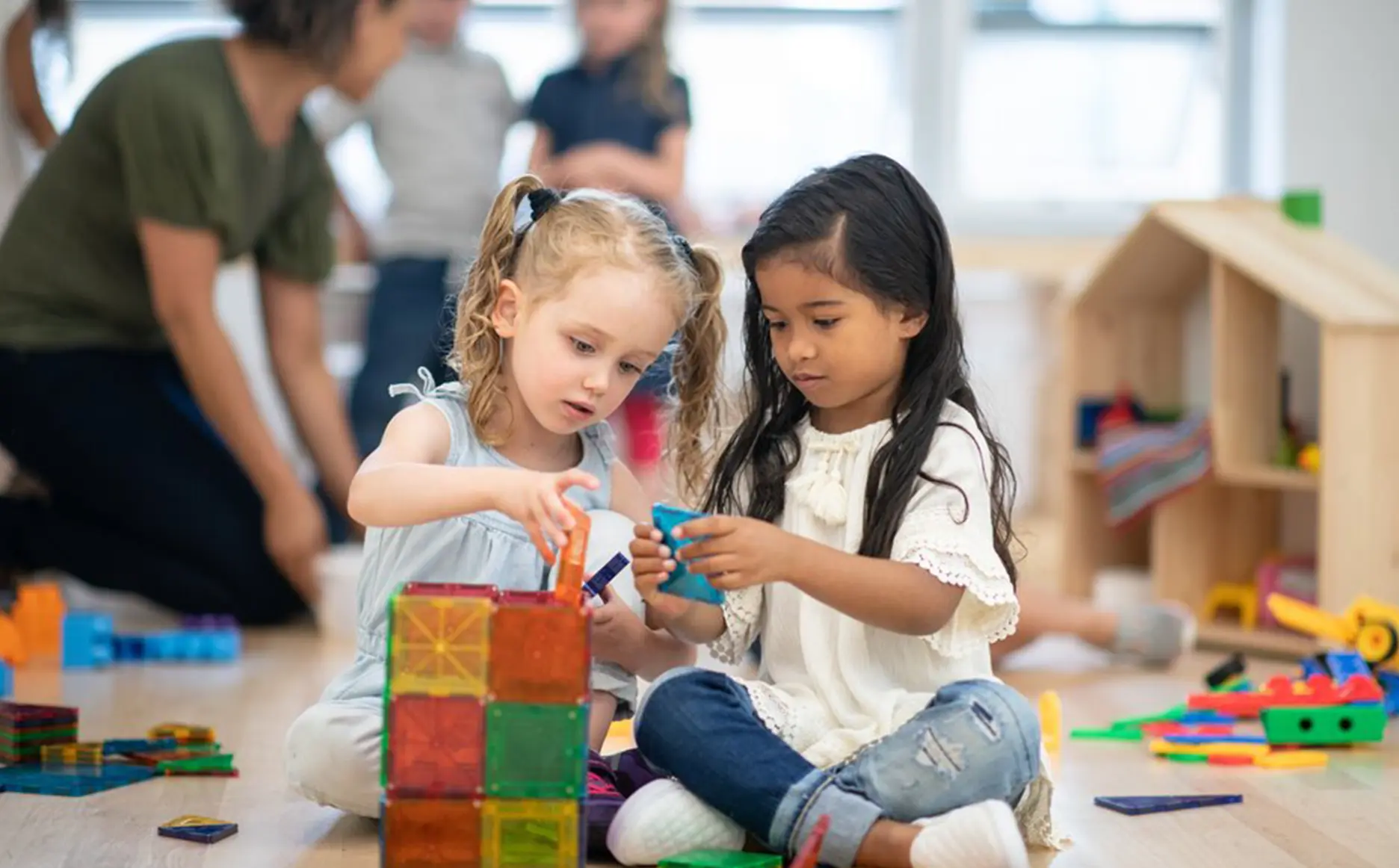
Harvard Business Review: Montessori Builds Innovators

The Boston Globe: Succeeding at their own pace: The Montessori approach to education and some of its famous alumni have made great strides in recent years

The Montessori Foundation: Montessori 101
Videos
organizations

Books
- Eissler, Trevor
- Helfrich, M. Shannon
- Lillard, Angeline Stoll
- Lillard, Paula Polk
- Lythcott-Haims, Julie
- Montessori, Maria
- Nelson, Jane
- Pink, Daniel
- Seldin, Tim
Montessori Madness
Montessori Learning in the 21st Century: A Guide for Parents and Teachers
Montessori: The Science Behind the Genius.
Montessori – A Modern Approach
Montessori TodayMontessori From The Start
How to Raise an Adult: Break Free of the Overparenting Trap and Prepare your kid for Success
Advanced Montessori Method
Education and Peace
Education for a New World
From Childhood to Adolescence
Montessori Method
The Absorbent Mind
The Child in the Family
The Discovery of the Child
The Secret of Childhood
To Educate the Human Potential
Positive Discipline for Preschoolers: For Their Early Years
Positive Discipline: The First Three years
Positive Discipline A-Z
Positive Discipline
Positive Discipline for Working Parents
Parents Who Love Too Much: How Good Parents Can Learn to Love More Wisely and Develop
Children of Character
Positive Discipline for your Stepfamily: Nurturing Harmony, Respect, and Joy in Your New Family
Drive: The Surprising Truth about What Motivates Us
How To Raise An Amazing Child The Montessori Way


